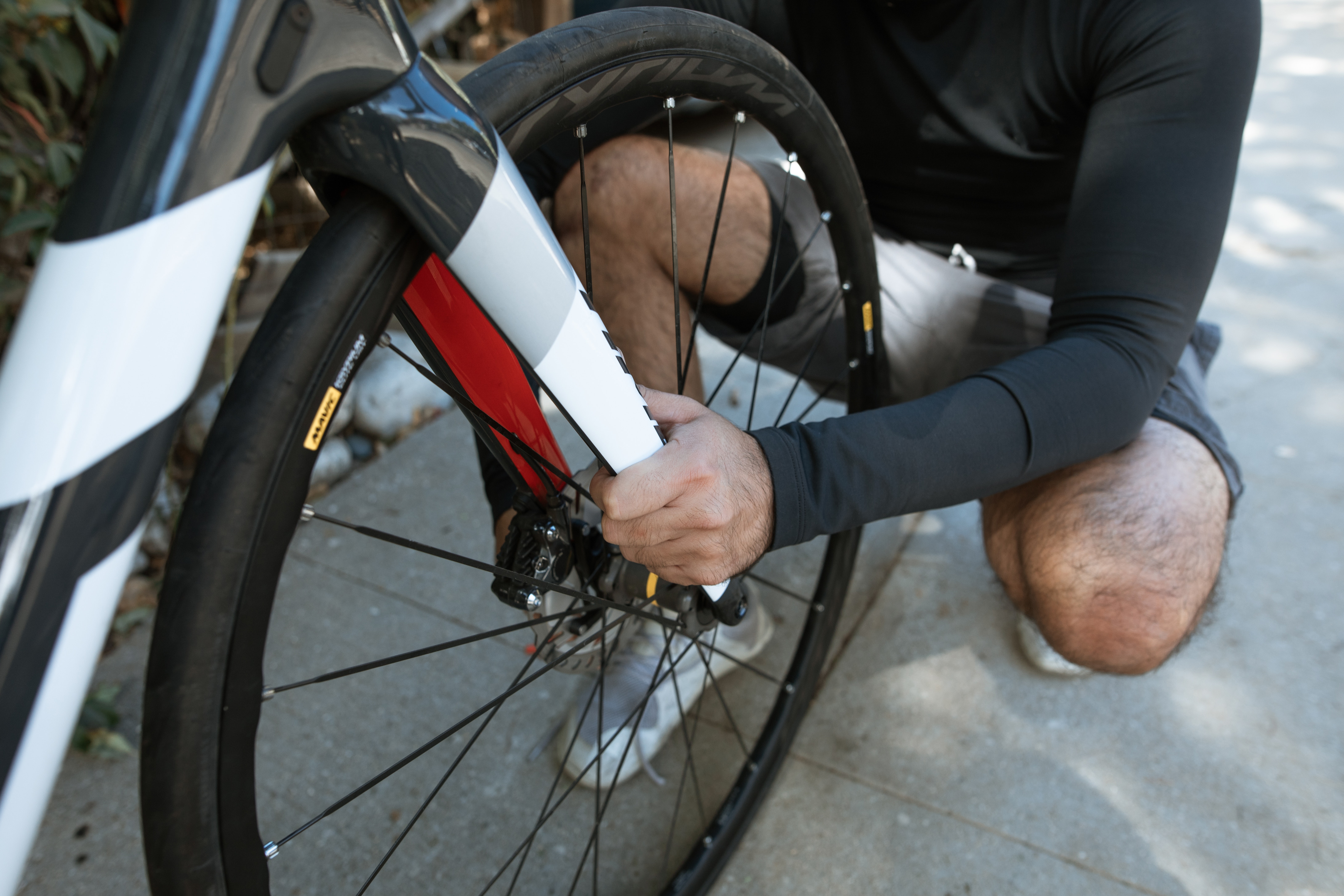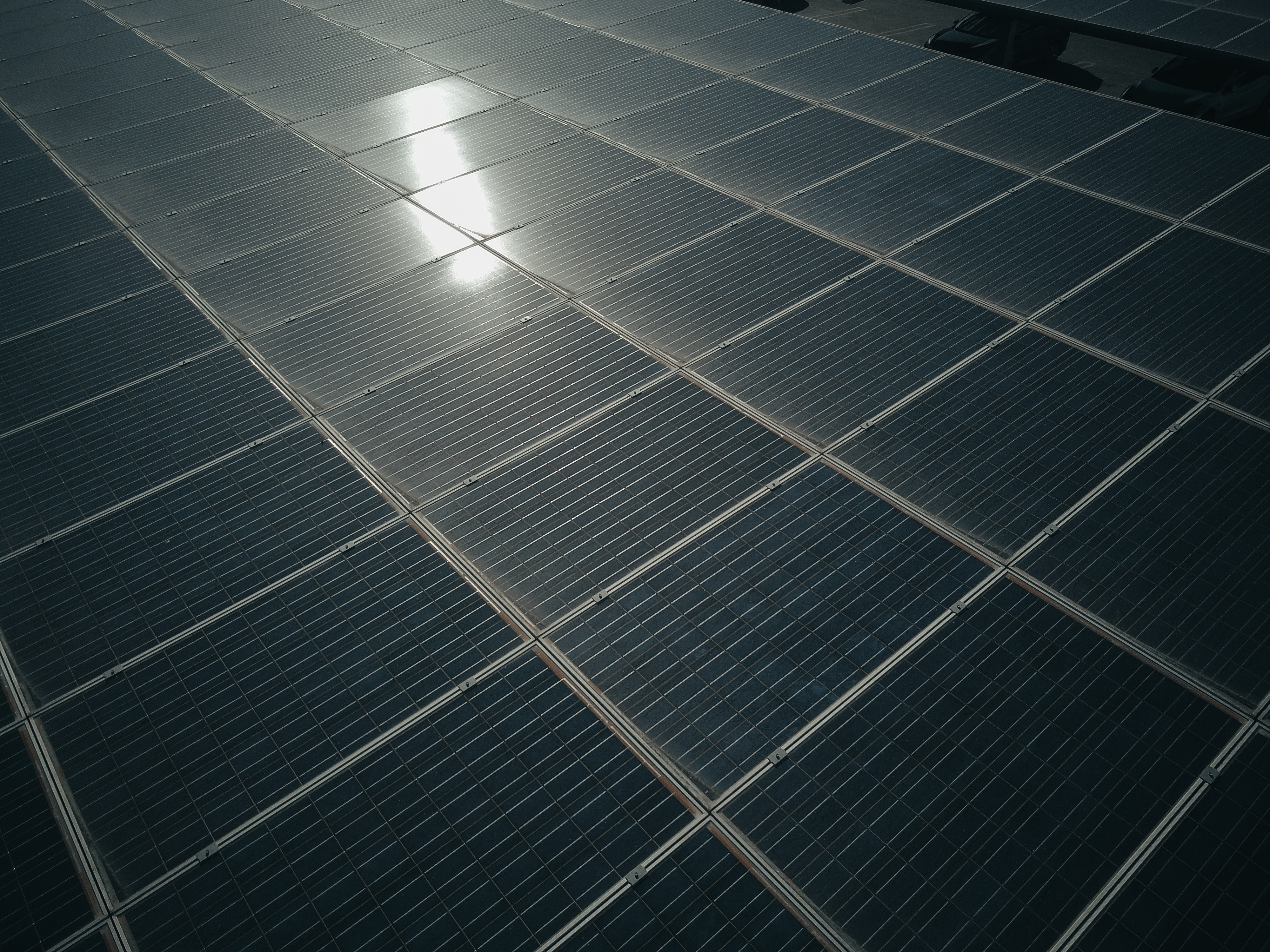With CBAM having been approved back in March big changes may be coming to the international market. So that brings up some important questions for the electric bike industry.
How will it affect us?
Is it going to be harmful?
What can we do as an industry to work with CBAM?
I’m sure plenty more questions are going to come up, and I’m sure they can be answered a lot more in depth than I’m going to do here. But let’s have a look about what CBAM actually is and how it will affect the industry. Most importantly let’s look at what we can do to work alongside CBAM to create a better industry.
What is CBAM?
The Carbon Border Adjustment Mechanism. At its basic level this is a levy on goods from outside the EU based on the level of carbon emissions produced. First proposed in July of 2021 by the European Commission, it has recently been approved on March 15th. The Council made some minor amendments, but on the whole it looks like CBAM will start to affect all industries in the next few years.
Now CBAM hasn’t been finalised just yet, but it is coming. When it does it is likely that it will contain more amendments that broadened its scope. These amendments include factoring in indirect carbon emissions, shortening the timeline and increasing the number of products affected. Have a look at this very quick read for some more details on the proposed amendments.
What Is Currently Proposed?
I think it’s pretty likely that these new amendments will be included in the final legislation. We can’t say for sure though. In the meantime there are some things we know about what will be included in CBAM.
One of CBAMs main goals is to limit “carbon leakage”. It does this by introducing a carbon levy to certain goods produced outside of the EU or EFTA.
Currently five groups are covered. Two affect the bike industry more than the others though. Aluminium and steel. More on this a little later.
EU Importers will need to purchase CBAM certificates.
The idea here is that the certificates cover the carbon emissions caused by the production of imports. A corresponding number of certificates to the CO2 produced are relinquished each year. Importers can also sell carbon certificates in excess.
There is more to CBAM than what I’ve talked about here. But as for how it will affect the bike industry these three points are where I think we should focus our attention.
Why This Is Good
Putting the bike industry aside for a moment, CBAM is- potentially- a great way to help cut carbon emissions.
By essentially charging based on carbon produced, and by allowing the resale of carbon certificates, it incentivises importers to prioritise low carbon production more. Which in turn incentives exporters to lower their emissions.
This is even more true with the proposed amendments. Especially factoring in indirect carbon cost. This will lead to greater emphasis on domestic production and/or green shipping. Current international shipping methods are just too carbon intensive.
Let’s not be naive, some companies will find that CBAM doesn’t raise costs enough to find less carbon costly alternatives, and some exporters will continue with high emissions rather than investing in cleaner production methods. CBAM is still a great step to going green though, and it could be a definite boon for domestic industries. So even if some companies keep using carbon costly production methods I think CBAM is a net good.
But What Does It Mean For Our Industry?
Well first of all it depends on whether we’re talking about retailers/brands or manufacturers.
Retailers and brands are going to be doing a lot of importing. Mostly from China and Taiwan. Firstly yes they are going to be affected by CBAM even if the scope of products isn’t expanded. Remember aluminium and steel are included already.
Here’s the important part, these countries rely predominantly on coal as an energy source. The carbon emissions created through production are going to be proportionally higher than bikes made in facilities that are powered using renewable energy.
Now if CBAM takes into account indirect emissions the cost of importing from China increases even more simply due to distance meaning a higher carbon output. We are potentially looking at a huge increase in the cost of importation.
Manufacturers that are exporting will need to make their processes more eco-friendly in order to stay competitive. Think of it this way, two companies offering white label services, both are in Taiwan, both charge the same price. The only difference between them is Company A is powered predominantly by solar power and Company B is powered by coal. Company A is going to cost less to import for the same product.
Is CBAM Harmful To Our Industry?
No. Well not if we make the changes that we should be already making. Margins are already tight in this industry and the majority of startups don’t last in the UK. One of the big reasons for this is the cost of import tariffs and anti-dump charges. So yeah CBAM could hurt some retailers, but only if we let it.
For domestic manufacturers it’s a good thing. It becomes much more viable to produce bikes within the EU and the UK and stay competitive. The only real downside is that there is more potential for competition domestically.
Ultimately the only way CBAM could be harmful to the bike industry is if we fight against it. Sure by staying with manufacturers that don’t minimise their carbon emissions it tightens margins and it will become even harder to survive. But we should be trying to correct this anyway. CBAM should be seen as a place to put a milestone that marks a shift in the industry, not as something restricting profits.
So How Do We Work With CBAM?
There are two things we can do. The first is trying to go with the most carbon efficient facilities we can. This will help and if CBAM works how the EU wants it will get easier. At the end the idea is to pressure countries with loose carbon control regulations to tighten them.
Honestly though, that isn’t the best option available. We’ve touched upon this before. And likely we’ll talk about it again because it’s something we feel very strongly about. Reshoring industry. The easiest way to work with CBAM and the best for the environment is to reshore production and assembly.
Reshoring means less importing, sure you might still want to import Maxxi tyres or a Shimano drivetrain, but if you can have a frame and wheels produced within the UK or EU your imports are cut significantly. You can bypass CBAM altogether.
For UK companies exporting to the EU there costs and profits might be affected on a per/product level, overall tighter carbon emission regulations and closer proximity to the EU -presuming indirect emissions get taken into account- make the UK a much more viable place to import from in comparison to the Asian market.
Conclusion
At the end of the day CBAM can seem like a scary idea in an industry that can have such tight margins and high company death rates. Especially to UK exporters who could be affected by the tariff. But if we really look at it, it presents the perfect opportunity to grow the domestic industry. Both here and across the EU. Reshoring allows us to bypass importing all together and increases the demand for exporting domestic goods.
More importantly it is a step that is necessary to take in order to help prevent climate catastrophe. The things that CBAM make it harder for the industry to do are the exact same things the industry should be trying to stop doing anyway.
In any case CBAM is coming whether you agree with it or not. If you want to take advantage of it to create a less risky and more eco-friendly industry get in touch with us. Whether you want to reshore your assembly with us or just find out more about reshoring we’re ready to talk.



